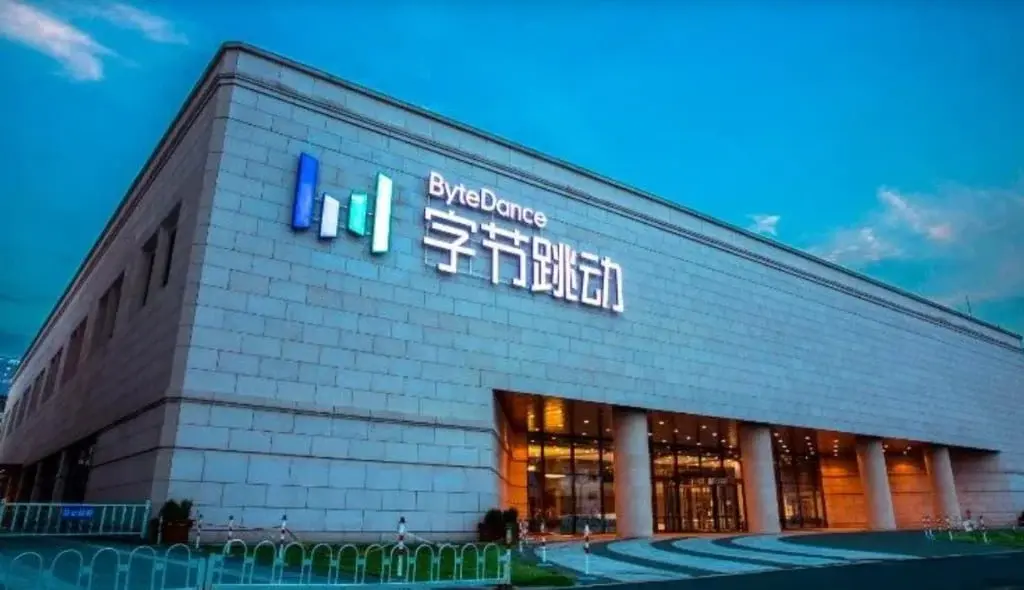ByteDance Shifts Strategy in Gaming Industry
ByteDance, the parent company of popular app TikTok, is making a strategic shift in its approach to the gaming industry. As the market becomes increasingly challenging, ByteDance is reducing its workforce in its main gaming unit, which could have a significant impact on numerous projects and potentially reshape the gaming sector in China.
Nuverse Halts Ongoing Projects
ByteDance's flagship gaming studio, Nuverse, has decided to suspend most of its ongoing projects that have yet to be launched. This decision reflects the complex process and regulatory challenges involved in bringing new games to the highly regulated Chinese market. As part of this shift, Nuverse is also selling the rights to games such as 'Crystal of Atlan' and 'Earth: Revival,' highlighting the changing priorities within the company.
Stagnation in the Chinese Gaming Market
The restructuring at ByteDance comes at a time when the Chinese gaming market, once a thriving field for technology giants, is showing signs of stagnation. Strict regulations, including limitations on playtime for minors and rigorous game approval processes, have contributed to this slowdown. These measures have dampened the previously vibrant atmosphere for game development and release in the country.
Impact on Workforce
The layoffs at ByteDance are significant, given that the gaming unit previously employed nearly 2,000 people. While some employees may find opportunities within other divisions of ByteDance, the overall result is a reduction in the workforce, with compensation packages reflecting years of service.
Recalibrating Business Strategy
ByteDance, China's most valuable startup, is signaling a recalibration in its business strategy with this move. Initially, the company aggressively pursued gaming as a diversification strategy from its social media revenue, primarily generated from Douyin (the Chinese counterpart of TikTok). This included major acquisitions like Moonton Technology, aimed at establishing a presence in Southeast Asia's gaming market. However, the recent decision to scale back and even divest some of its gaming ventures suggests a new direction, possibly influenced by challenging market conditions and stiff competition from industry leaders like Tencent and NetEase.


Leave a Reply